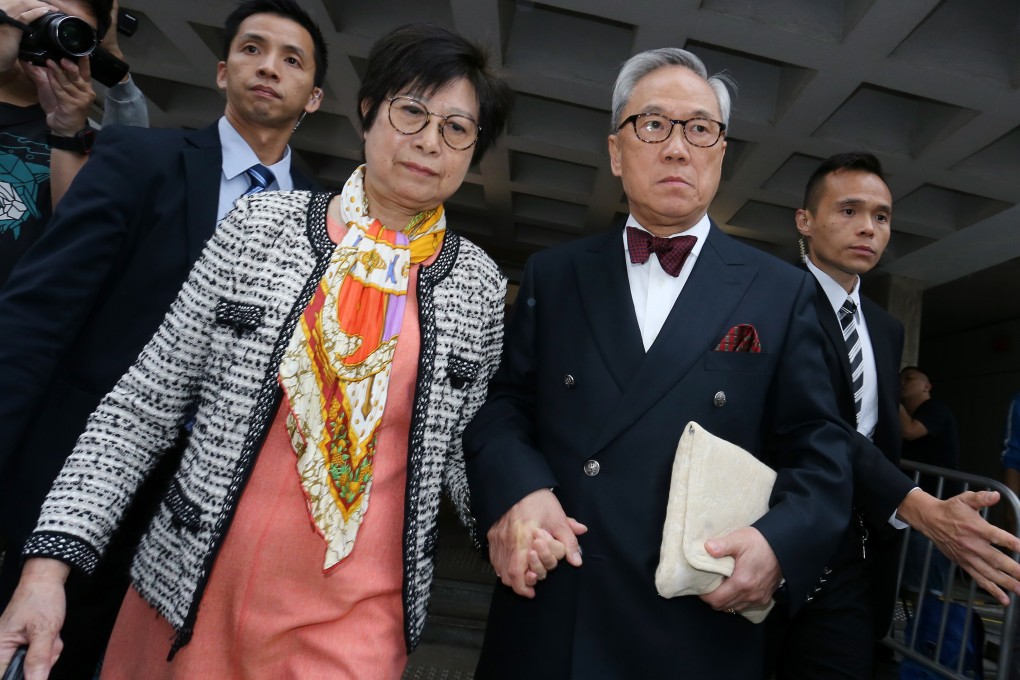Editorial | Cleared Donald Tsang still a warning to others
- The legal and jail ordeal of the former city leader, who has seen a criminal misconduct conviction quashed, should make officials more mindful when it comes to conflicts of interest

The belated vindication of Donald Tsang Yam-kuen cannot undo what he has suffered. During his seven-year ordeal, the city’s former leader was tried five times in open court, jailed for eight months for misconduct in office, and had his savings almost emptied because of the protracted legal battle.
But the ruling by the Court of Final Appeal proves that judicial independence and the rule of law are alive and well. Tsang is the most senior Hong Kong official charged for corruption and misconduct.
Despite unsubstantiated claims that the prosecution was vindictive, the legal process has taken its course. He was later convicted for failing to declare an interest in a property deal with a businessman, an outcome that shows no one is above the law.
But like anyone else, he was entitled to pursue justice through appeals, albeit they were rather expensive in his case.
Apart from paying his legal team, he was earlier ordered by the lower court to pay up to HK$5 million in legal costs, later reduced by one-fifth.
